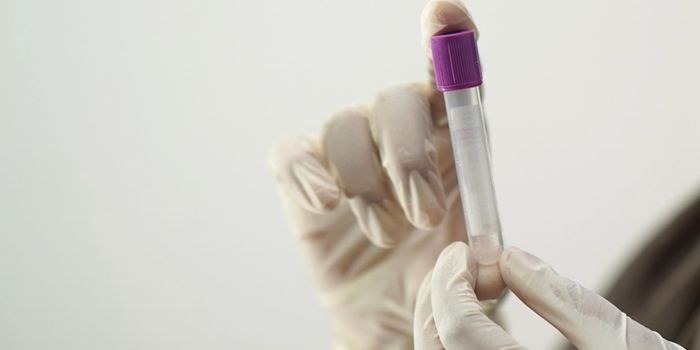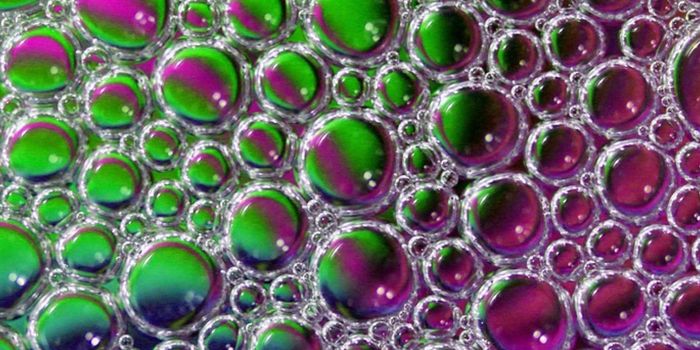In a first study to test a new generation of HIV antibodies in humans, an experimental therapy lowered the virus amount in a patient's blood. The trial results, published in Nature, showed that a single dose of potent antibody, 3BNC117, was well tolerated and temporarily reduced viral loads.

One of the biggest challenges in fighting HIV infection is that once the virus enters the body, it can mutate so frequently that it evades the body's immune response. Much of the focus has been on isolating broadly neutralizing antibodies (bnAbs), effective in working against many different HIV strains. 3BNC117 is part of a new formation of bnAbs that combat a wide range of HIV strains, according to the study.
"What's special about these antibodies is that they have activity against over 80 percent of HIV strains and they are extremely potent," said Marina Caskey, co-first study author and assistant professor of clinical investigation in the Michel Nussenzweig Laboratory of Molecular Immunology at Rockefeller University, in a press release. 3BNC117, which targets the immune system's CD-4 cells, shows activity against 195 out of 237 HIV strains.
Establish your company as a technology leader. For 50 years, the R&D 100 Awards, widely recognized as the "Oscars of Invention," have showcased products of technological significance. Learn more.
Earlier work in the Nussenzweig lab had demonstrated that bnAbs could prevent or suppress infection in mouse and non-human primate models of HIV. However, mice are genetically engineered to be susceptible to HIV-and lack an intact immune system-and primates can only be infected with a simian virus version, said Caskey.
Cue human trials.
The Rockefeller University study intravenously gave a single dose of antibody 3BNC117 to 29 uninfected and HIV-infected patients, then monitored them for nearly 60 days. At the highest dosage level, 30 milligrams per kilogram of weight, all eight infected people treated demonstrated up to 300-fold reductions in viral loads. These results depended on the starting amount of virus in a person's blood, as well as how sensitive their HIV strains were to the antibody.
In half of the patients who received the highest dose, viral loads stayed below starting levels at the end of the 8-week study period. Caskey acknowledged that 3BNC117, like other antiretrovirals, would need to be used in combination with other antibodies or drugs. "One antibody alone, like one drug alone, will not be sufficient to suppress viral load for a long time because resistance will arise," said Caskey.
What might be next?
Ongoing clinical research in Nussenzweig's lab and at The Rockefeller University will look at the impact of additional bnAbs in suppressing HIV infection.
This research joins efforts in adding to the conversation of producing an HIV vaccine, which could protect against HIV infection.
Source: Drug Discovery & Development









